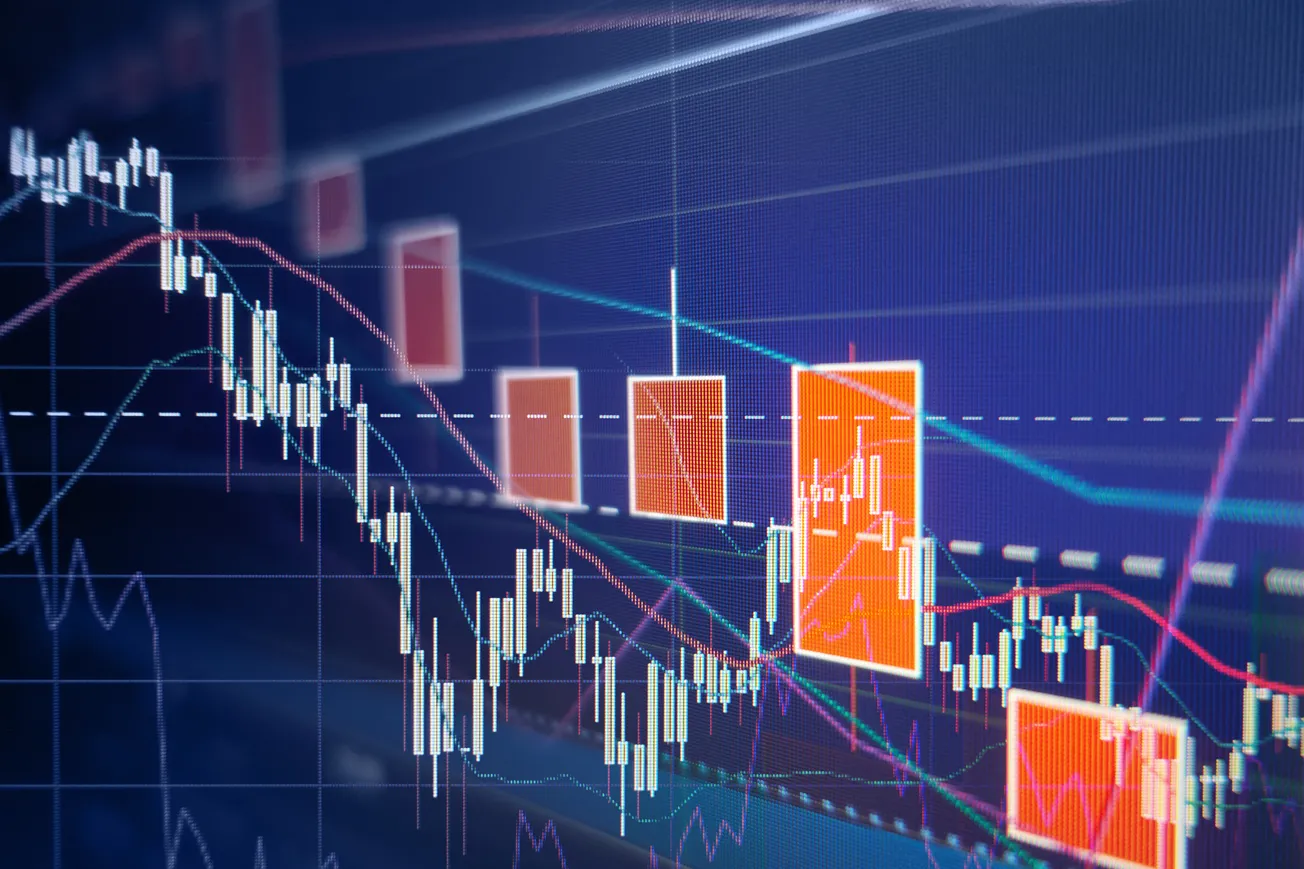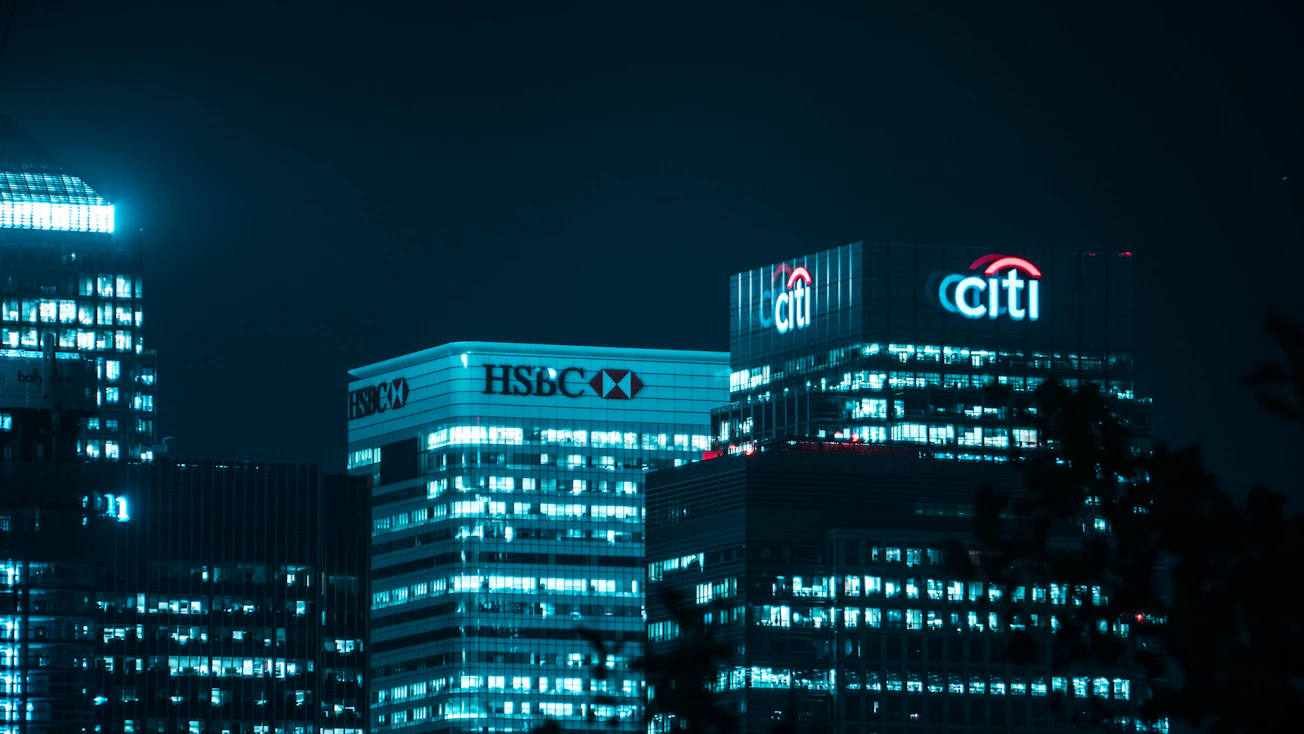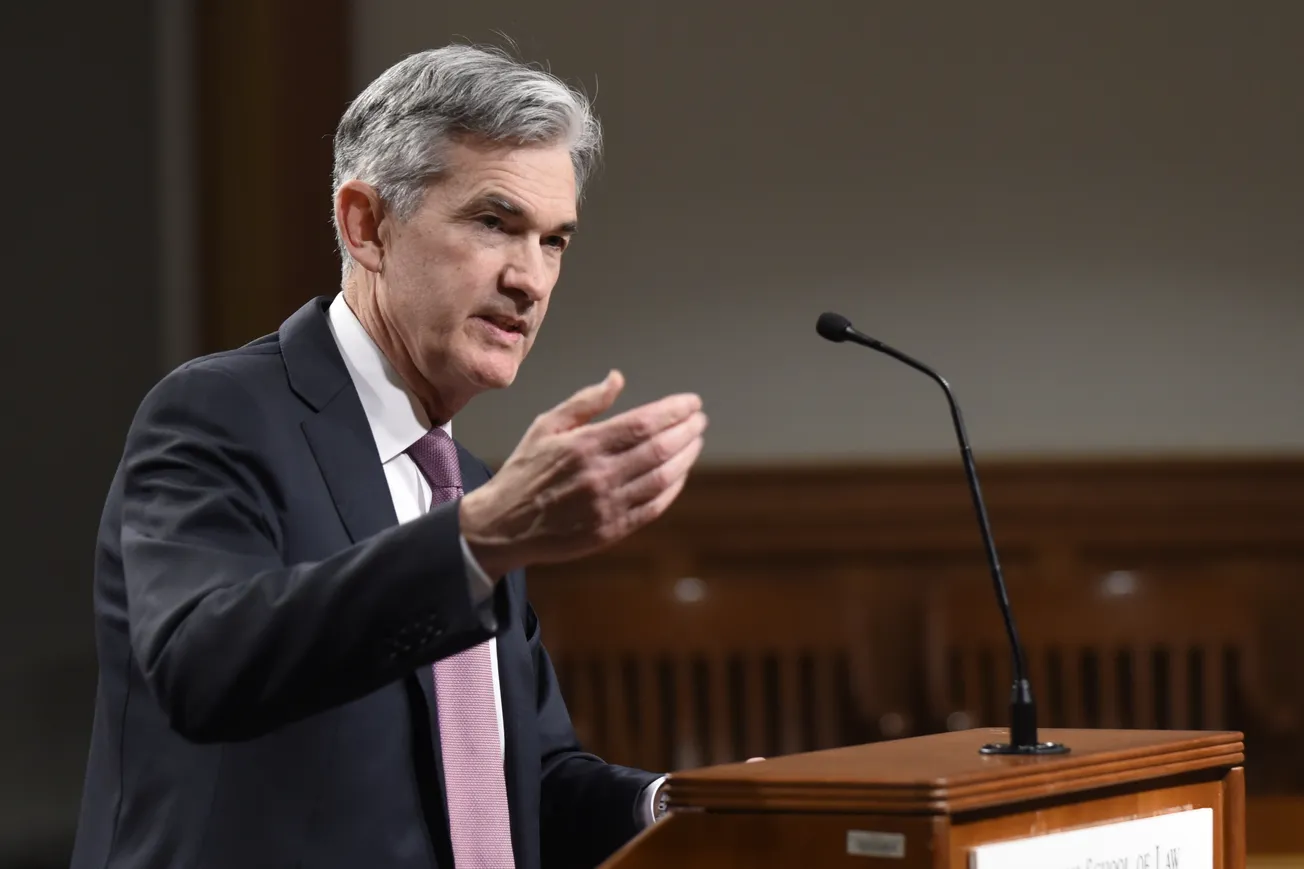Silicon Valley Bank was the first to fail on March 10, 2023. Two days later, Signature Bank went down. And in early May, First Republic Bank was forced to be acquired by JP Morgan Chase. The FDIC, the Fed, and other federal agencies stepped in quickly to act. In the First Republic Bank case, the deal was so sweetened, with so many federal backstops, that no sane person would classify it as a merger. It was a classic "publicize-the-losses-privatize-the-gain" agreement to prevent a systemic run on banks.
Who is to blame for the banking crisis?
The three failed banks' internal risk management departments, state and federal regulators, and external auditors did not account for duration risk properly. Failure of action by those responsible is easily the single most significant cause.
One can also blame the accounting rules finalized after the 2008 financial crisis. These mandates require banks to report material losses only when an asset is liquidated. A scholarly March 24 paper by Professors Jiang, Matvos, Piskorski, and Seru (from USC, Northwestern, Columbia, and Stanford, respectively) highlights the problem when banks sit on their assets but have not yet liquidated them, showing that their balance sheets are in peril but artificially healthy.
The academics argue that the U.S. banking system's market value of assets is $2.2 trillion lower than suggested by their book value of assets, accounting for loan portfolios held to maturity. This "very significantly increases the fragility of the U.S. banking system to uninsured depositor runs."
Spotting an opportunity to make short-term profits, short sellers drove the failed banks' stocks down. Falling asset prices sent a five-alarm-fire warning to Wall Street and the Feds that something wasn't right, inviting them to act.
The Beltway crowd, always looking to point fingers at everyone else, settled on short sellers as a target. Reuters reported in early May that Wachtell, Lipton, Rosen & Katz, a law firm, called on U.S. securities regulators to restrict short sales of financial institutions. In a letter to clients, Wachtell said that the Securities and Exchange Commission (SEC) should regulate what it defined as "coordinated short attacks" by imposing a 15-trading day prohibition on short sales of financial institutions.
What do short sellers do?
The best way to understand short selling is to consider a simple example, courtesy of TLDR US, a fan-sourced business news site.
Suppose apples are selling for $1 apiece. You think the price will likely fall dramatically in the coming week. You persuade your favorite fruit seller to loan you ten apples on Monday, promising him you will return them all on Friday.
You sell the ten borrowed apples for $10 on Monday and wait for the price of the apples to drop. On Thursday, just as you had expected, apples begin to sell for just 40 cents apiece. You buy back your ten apples for $4, return them to your fruit seller, and pocket $6 in profits.
Suspending short-selling is not the solution.
For as long as markets have existed, the short-selling industry has acted as a necessary check and balance against the very entities - the internal risk management departments, state and federal regulators, and auditors - that are supposed to protect the public from corporate failures.
Most investors don't engage in short selling. Many don't understand it, and even when they do, they shy away because it is much too risky. Probably the best example of how short sellers helped accelerate the 2008 banking crisis by revealing Wall Street fraud and regulatory negligence is illustrated in the timeless Hollywood classic, The Big Short.
What role is a short seller playing in the 2023 banking crisis?
Even as this article goes to press, short sellers are poring over various banks' balance sheets and income statements and employing complex financial models to predict which banks may first go down. They then take a massive risk in borrowing shares from the brokerage market, betting that a bank's share price will fall. Short sellers make money when their bets pay off. If the stakes do not work, short sellers often face unlimited losses.
Short selling is essential to the healthy functioning of markets and investing. In a zero-sum game, short selling provides investors to vote with their dollars to hold contrarian views about the direction of markets. Short selling is the automatic buffer and cushioning mechanism because greed, the underlying driving force that is Wall Street's fuel, motivates people to act without pressure from the government or a central authority. There is no better example of capitalism's "the higher the risk, the higher the reward" commandment.
Let us celebrate short sellers who do the forensic analysis on balance sheets that the regulators are expected to do. But have repeatedly shown that they do not. Short sellers have helped highlight how all the talk from Washington that the banking system is safe is hogwash.
And if 2008 is any guide, no person accountable will ever face justice - and taxpayers will bail all these institutions out. Again.
Like our insights? Show your support by becoming a paid subscriber!









